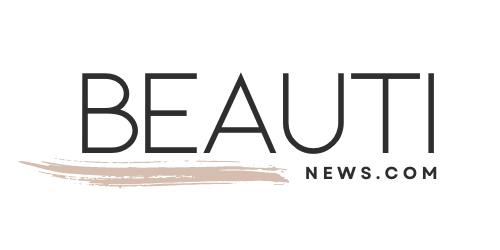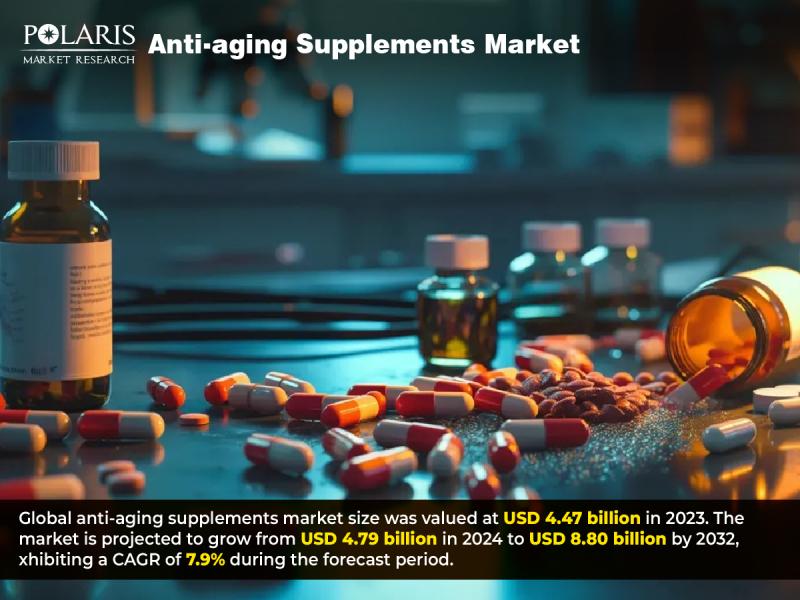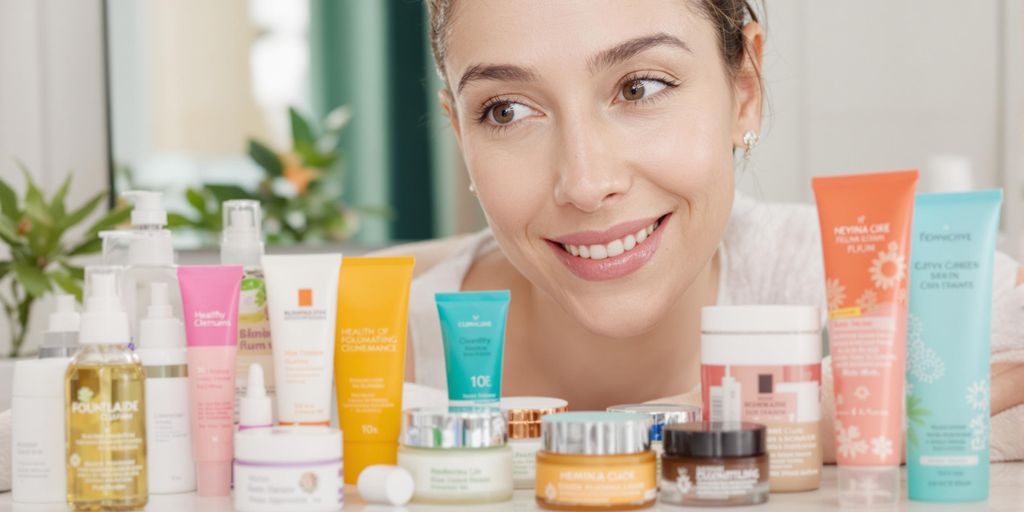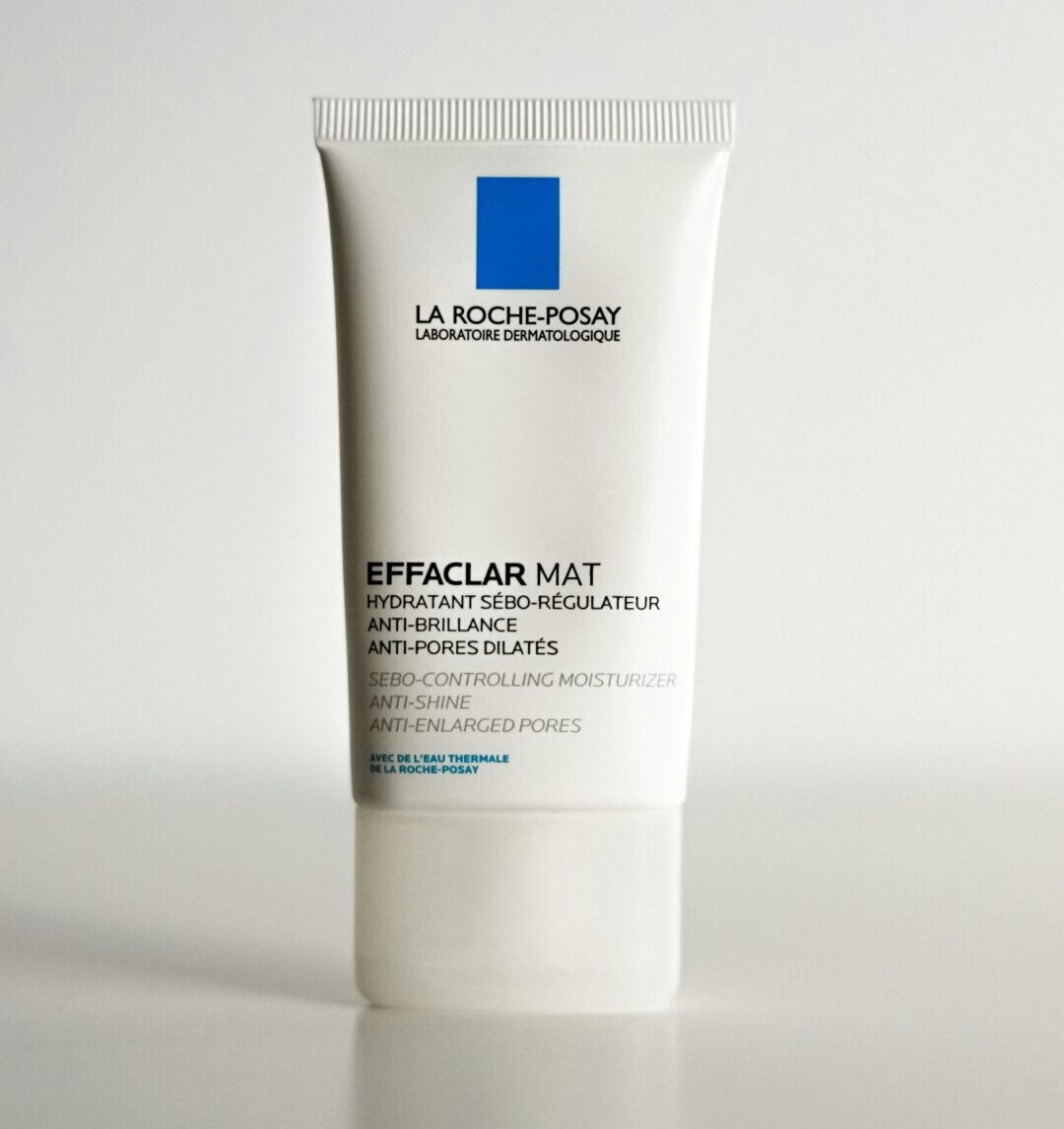The Anti-aging Supplements market has displayed promising growth over the years, with significant potential for future expansion. Current market insights reveal a valuation of approximately USD 4.47 billion in 2023, projected to reach as high as USD 8.80 billion by 2032. This indicates an impressive compound annual growth rate (CAGR) of about 7.9% between the years 2024 to 2032.
The comprehensive study presents an accurate picture of the global anti-aging supplements market based on a multitude of factors such as sales volume, price, revenue, market share, and the roles of key companies. For an in-depth understanding, the market is systematically dissected into segments based on multiple variables such as ingredients used, applications, formulation types, distribution channels, and specific regions worldwide.
Anti-aging supplements act as a targeted source of essential nutrients aimed at promoting overall health and well-being. They are formulated to assist with healthy aging, addressing age-related issues. Most such supplements consist of a blend of vitamins, minerals, antioxidants, plant extracts, and other potent compounds believed to enhance general health, help retain youthful vitality, and minimize the signs of aging.
Multiple factors are driving the market’s growth, with increasing research and development endeavors in the anti-aging supplements industry being a primary contributor. Efforts are being directed towards creating supplements that specifically target systems known to influence aging, hence improving the scientific understanding of aging processes.
Additionally, consumer trends towards natural and organic solutions complemented by growing concerns about sustainability and health have led to substantial growth in the market. Users are progressively opting for products devoid of harsh additives and artificial chemicals, indicating a greater awareness of the ingredients used on their skin.
In 2023, the lead in market income share was held by the collagen ingredient segment. This can be attributed to the many benefits of collagen, such as restoring lost protein, potential to enhance skin moisture, and reduction of visible aging signs. From categories based on application, the hair, skin, and nail care segment held a significant revenue share, offering a variety of products including vitamins, minerals, collagen peptides, and herbal extracts, with benefits like improved skin, stronger nails, and healthier hair.
When seen from the lens of formulation, the capsule segment had the biggest share in the 2023 market. Capsules provide an easy intake method and convenient delivery of daily anti-aging supplement doses.
The upward trend of internet usage and consumer preference shifting towards online platforms have positively impacted the online segment, and it’s expected to experience the highest compound annual growth rate in the forecast period.
Geographically, North America dominated the industry, accounting for a majority of the market revenue share, attributed to an increasing number of senior citizens. Asia Pacific region is anticipated to display the highest CAGR from 2024 to 2032, credited to the rising awareness about health, driving the demand for anti-aging supplements as people seek products that help in maintaining youthful energy and health.
Global market leaders, such as Cureveda, Decode Age, GNC Holdings, LLC, Life Extension, Nu Skin Enterprises, Nutrova, Oziva, Shaklee Corporation, Thorne, and Tru Niagen, have made strategic acquisitions to enhance their research and development capabilities and gain a competitive advantage to offer users innovative products.
Overall, the rising enhancements in the anti-aging supplements sector, an increasing number of senior citizens, and escalating awareness about the benefits of a healthy lifestyle are fueling the market’s growth. It becomes apparent, the demand for anti-aging supplements is likely to continue growing in the near future, providing lucrative opportunities for companies involved in the development, manufacturing, and marketing of these products.





![“Kerassentials Review” : [My Updates Reviews 2024] — Does It Work & Is It Safe? 4 049e8bfe 6112 4c16 aa9b b331dee37d90 “Kerassentials Review” : [My Updates Reviews 2024] — Does It Work & Is It Safe?](https://beautinews.com/wp-content/uploads/2024/10/049e8bfe-6112-4c16-aa9b-b331dee37d90.jpg)